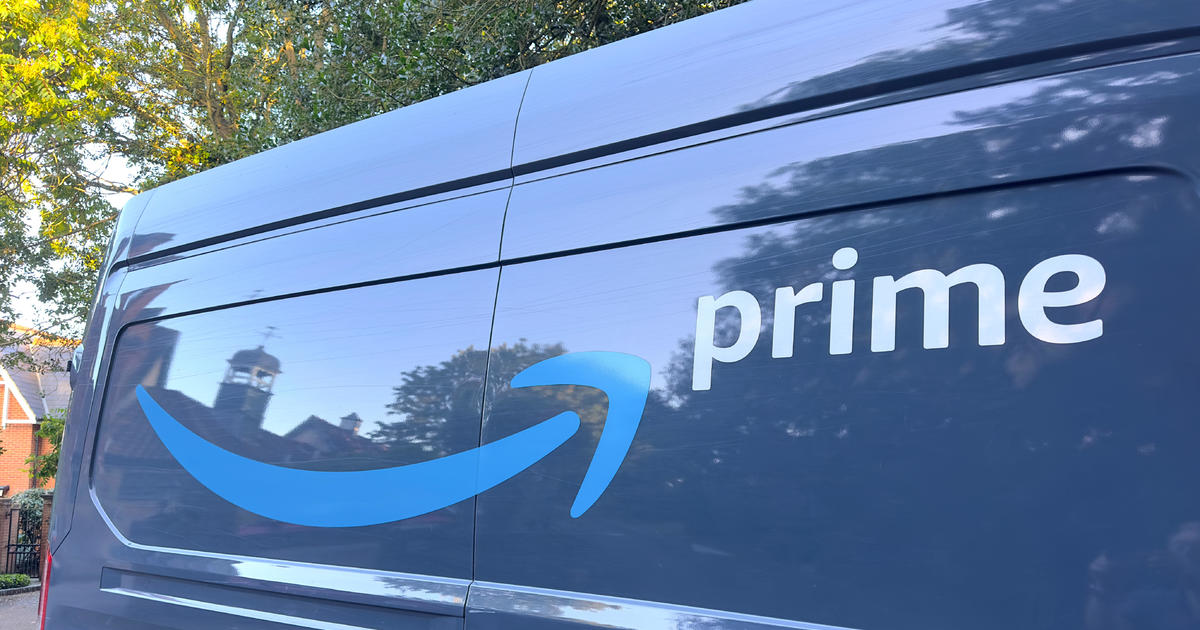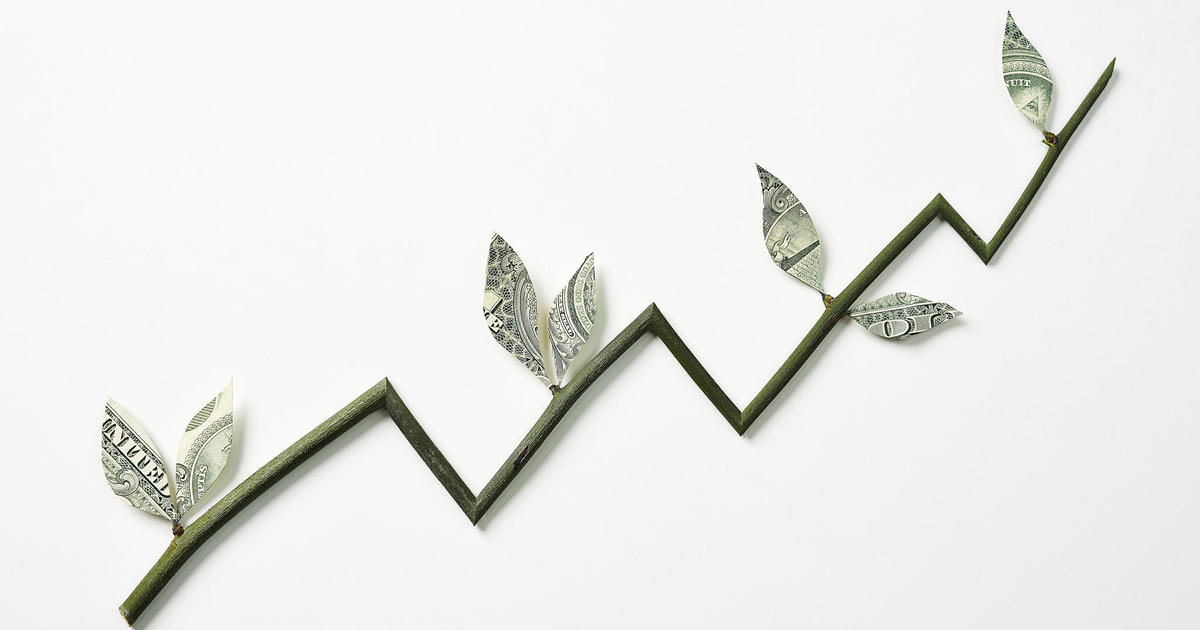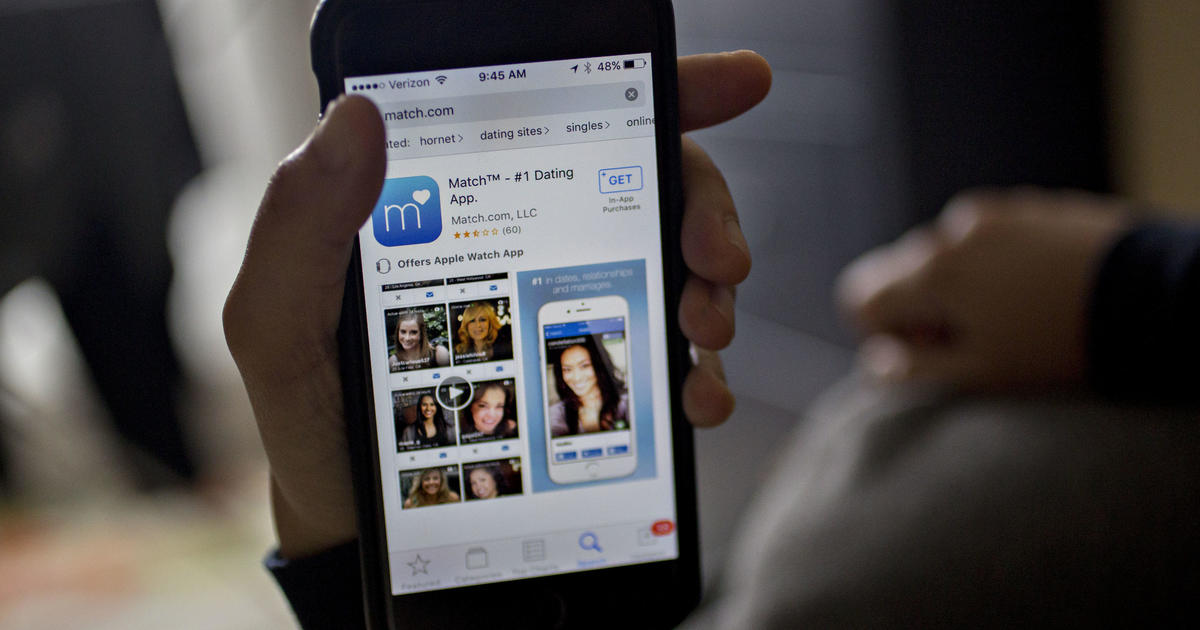Companies that are holding off Amazon's onslaught
How soon will we live in a world where we only go to The Store, The Bank or The Hospital?
At the pace Amazon (AMZN) is expanding, The Store may be closer than you think. One presentation from RBC Capital last year even outlined what Amazon will look like as a company with a $1 trillion market capitalization within the next five years.
We aren't there -- yet -- even though other retailers are suffering as consumers shift online and managements are slow to adapt to aging business models. Department stores have been struggling for years, and investors ran from supermarkets like Kroger (KR) at the mere announcement that Amazon was buying Whole Foods and planned to begin slashing prices.
Still, several companies have been holding their own and could continue doing so, at least for a while.
Costco for groceries and other items
Even though Costco's (COST) quarterly earnings presentation last week made some analysts nervous and sent its shares down for a while, others still predict the stock may reach management targets anyway amid a rise in same-store sales, or sales at stores open more than a year.
In 2016, industry magazine eMarketer noted, Costco's $85.8 billion in sales beat Amazon's $77 billion and trailed only Walmart's (WMT) $347.53 billion.
The warehouse retailer unveiled a new delivery service last week, just as Amazon's price-cutting strategy at Whole Foods begins to take shape. Costco shares are starting to recover a bit this week, closing at $157.22 on Thursday after falling to $154 on Monday.
"Mel Brooks once said 'it's merchandising,'" said Costco CFO Richard Galanti on an Oct. 5 call with analysts. "It's value and merchandising, and some of the other little things we're doing here. As it relates to the publicity and the news and the noise around Amazon-Whole Foods, all we can do is perform,"
Galanti added: "Nobody can predict everything. All we know is that our brick-and-mortar is strong -- as strong as it's ever been and trending in the right direction even a bit from there."
Costco shareholders are hoping so, even as CNBC reported Amazon is developing a way to dispatch deliveries inside a house or car as a way to avoid "porch pirates." But that's not a problem for most grocery shoppers. In August, Gallup found just 9 percent of Americans order groceries online at least once a month.
Microsoft, Alibaba and Google for cloud services
Amazon Web Services (AWS) had by far the largest market share for cloud computing in 2016, according to industry researcher Gartner. But there's plenty of demand to go around for "Infrastructure as a Service" (known as IaaS in the industry). Microsoft (MSFT), China's Alibaba (BABA) and Google (GOOG) are the next biggest players and should get some of that growth. Amazon has 44 percent of the market it pioneered, with Microsoft at 7.1 percent, Alibaba at 3 percent and Google at 2.3 percent.
"While Amazon Web Services dominated the market in 2016, Microsoft Azure gained more momentum, and Google made some gains," Gartner said in a Sept. 27 press release. "While competitive pressures increase, Amazon will witness growth erosion in share."
Still, those companies have lots of catching up to do, and Amazon isn't slowing down. On Oct. 5, for instance, industrial giant General Electric (GE) named AWS its preferred cloud provider.
Netflix for video production
Amazon Studios' "foray into video is beset by lackluster releases and strained relationships with high-profile producers," The Wall Street Journal reported last week. It quoted producer David E. Kelly calling the studio "a bit of a gong show" after it failed to earn any Primetime Emmy awards.
Amazon told the Hollywood Reporter that the report was "just wrong."
The company will spend almost $4 billion on streaming video this year, according to Bloomberg, up from $1 billion in 2014.
Amazon's video offerings are part of its Prime service, which is designed to push sales elsewhere at the retail giant. Sales for Prime may reach more than $9 billion this year, up from less than $3 billion in 2014, Amazon has projected.
Netflix expects to spend $6 billion this year on programming alone, and last week it raised prices for its "standard" plan to $10.99 from $9.99 a month ahead of its "Stranger Things" premiere. The price hike is meant in part to fuel Netflix's race to stay a step ahead of Amazon.
Netflix, which reports third-quarter results Oct. 16, had $8.83 billion in revenue last year, up from $6.78 billion in 2015, a growth pace of 30 percent.
Both companies are putting greater emphasis on their owning scripted material, while Hulu, owned by a consortium of companies, is buying from studios, according to the Hollywood Reporter. Netflix has 55 original shows, Amazon 33, the industry publication said.
Walmart for groceries and other items
Walmart sure isn't giving up the fight. At least one group of analysts at Oppenheimer this summer bet Walmart will stay in the grocery game even as Amazon expands, according to a Barron's report.
As Amazon moves into brick-and-mortar grocery stories with Whole Foods, Walmart has moved further into online retailing with its purchase last year of jet.com, which positions it to be more competitive with Amazon.
Walmart this week repeated its fiscal year 2018 adjusted per-share earnings forecast of $4.30 to $4.40 and announced a two-year, $20 billion share-buyback program. It's also predicting consolidated net sales growth at or above 3 percent, bolstered by online revenue expansion.
FedEx and UPS for package delivery
There's long been speculation Amazon may get into the delivery business, competing with FedEx (FDX) and UPS (UPS). And an Oct. 5 report from Bloomberg that Amazon was testing its own delivery service and potentially entering the market sent both companies' stocks down last week.
"We believe this will reduce UPS and FedEx parcel volume somewhat, but this is not unexpected," Morningstar analyst Keith Schoonmaker wrote. Schoonmaker said he doesn't see Amazon offering "broad parcel delivery" for other online retailers, which would be wary to "surrender their packages (and some customer intelligence along with it) to a main rival."
CVS, Walgreens and Walmart for pharmacy
As Amazon weighs whether to dip into the pharmacy business, a decision not to do so would help Walgreens Boots Alliance (WBA), CVS (CVS) and Walmart, according to Barron's, which cited Mizhuho analysts. A decision is expected by Thanksgiving.
Even if Amazon did decide to enter, it would face "major" obstacles that come with building and operating such a service. Then there's a generation gap, which makes competing a long-shot proposition because the biggest consumers of prescription medications are seniors who want personal care from pharmacists, Barron's noted.
Plus, Amazon doesn't always change a market, and on occasion it fails to dominate the competition. One example? Its Amazon Pay hasn't come close to beating out PayPal for mobile payments. Last year, about 33 million consumers used Amazon payments to buy items online, while PayPal had 179 million active accounts.



